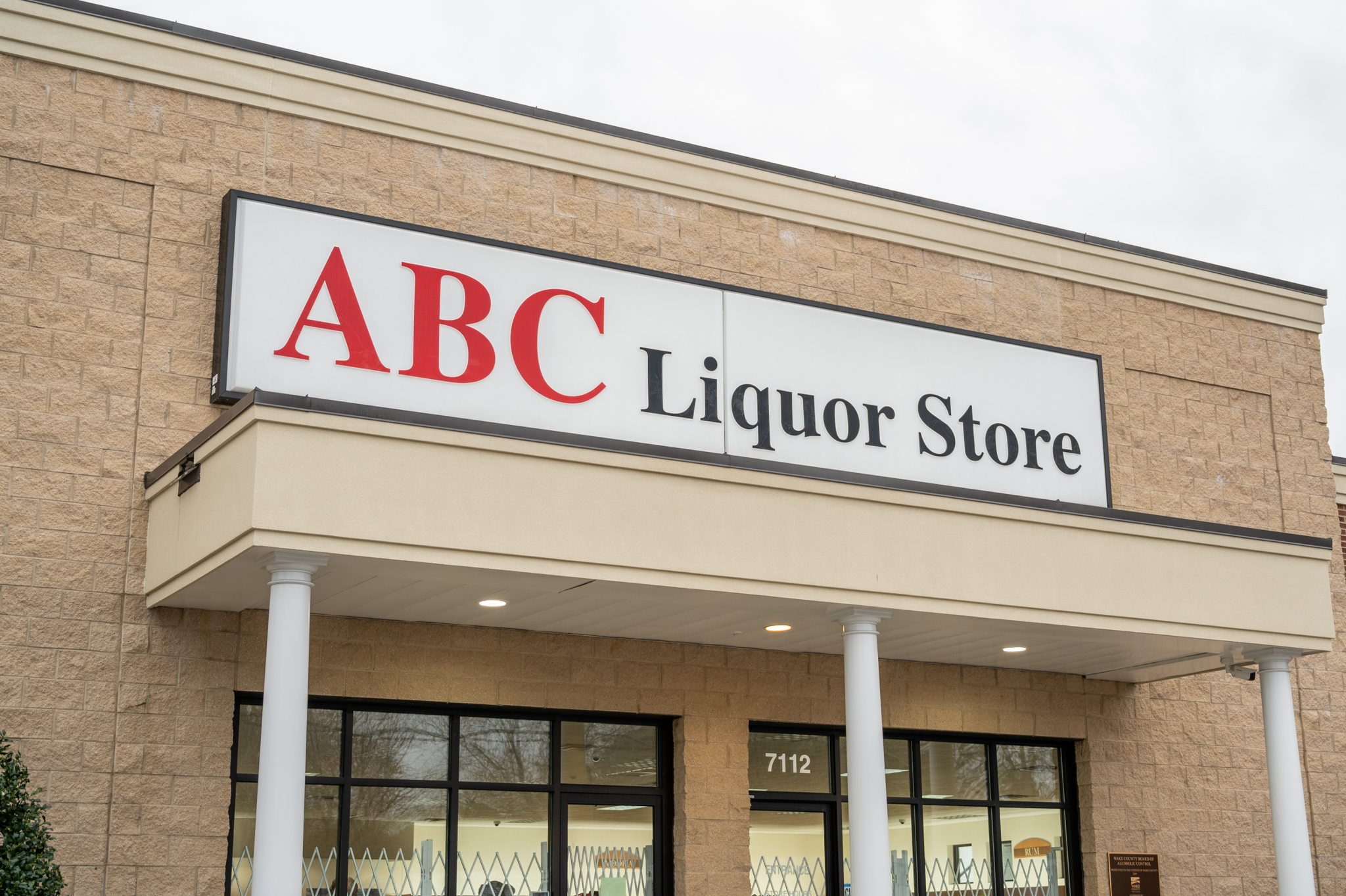Editor’s note: This story was updated Wednesday, March 2, to include new banned products.
Russian vodka is no longer available in North Carolina.
The N.C. Alcoholic Beverage Control Commission, through an executive order, has pulled the products from its more than 430 stores across the state.
Executive Order No. 251, which Gov. Roy Cooper signed Monday, suspends the availability of spirituous liquor products produced by Russian entities, the ABC says. Russian-produced special-order products are also no longer available.
The order comes in response to Russia’s invasion of Ukraine and directs state government agencies and departments to review all existing contracts and operations and to terminate any agreements or operations that directly benefit Russian entities, a news release says.

The move is largely symbolic. Six Russian brands are currently affected, though the ABC continues to compile a comprehensive list. Affected brands, ABC spokesman Jeff Strickland told Carolina Journal, are Hammer & Sickle, Beluga, Imperia, Zyr, Jewel of Russia, and Russian Standard. These account for 13 individual products, including mini-bottles and the like.
Popular vodka that may sound Russian is actually made in the United States or elsewhere, such as Smirnoff, which is owned by liquor conglomerate Diageo and produced in Illinois. Stolichnaya comes from Latvia. Diageo also owns Crown Royal whisky and Captain Morgan’s line of rums. Some of the world’s best-selling vodka, such as Absolut and Grey Goose, are made in Sweden and France, respectively.
“There is not a lot of Russian-made vodka in the U.S. marketplace,” Lisa Hawkins told Forbes. She’s senior vice president for public affairs of the Distilled Spirits Council of the United States.
“Imports of Russian vodka to the United States are down nearly 79% since 2011, and accounted for only 1.3 percent of total vodka imports in 2021.”
Roughly $1.4 billion of vodka was imported into the United States in 2021, with France as the biggest supplier of imported vodka, at $660 million, said Hawkins, according to Forbes.
North Carolina distillers make their share of vodka, too. From Blue Shark in Wilmington to Tiny Cat in Greensboro to TOPO in Chapel Hill to Asheville Vodka from Cultivated Cocktails. N.C. vodka is mostly produced in small batches, with local wheat and corn, for example. It typically costs more than Russian vodka but generally tastes much better.
Moonshine, another clear liquor, is part of North Carolina’s heritage and a good substitute for vodka. Legal moonshine is distilled at a lower proof than vodka, and consequently, retains more flavor from the grain, says George Smith, who owns Copper Barrel Distillery in North Wilkesboro. He recommends using moonshine instead of vodka in what he calls a Wilkes Mule, a mix of lime, ginger beer, and his White Lightning Moonshine.
The ABC says it will continue to review the full list of approved products in North Carolina to determine whether additional suspensions should be applied. These suspensions will remain in effect until further notice, and the ABC will continue to adhere to all state and federal regulations.
States and countries throughout the world, including Canada, are banning Russian vodka in response to the attack on Ukraine. Interestingly, as The Wall Street Journal wrote Tuesday, some products are still exempt from the global bans.
“The fracking boom made America the world’s biggest oil producer,” says the WSJ, “but the U.S. still imports millions of barrels each day from other parts of the world, including Russia. In the wake of Russia’s invasion of Ukraine, some in Congress have urged the Biden administration to come down swiftly on U.S. imports of Russian crude, going so far as to recommend banning the cargoes.
“About 8% of U.S. imports of oil and refined products, or about 672,000 barrels a day, came from Russia last year,” Andy Lipow, president of Lipow Oil Associates LLC in Houston, told the WSJ, citing figures from the Energy Information Administration. “Of that, Russia’s crude made up roughly 3% of the nation’s imports, about 200,000 barrels a day.”
Cooper’s order covers all state government agencies and departments over which the governor has executive authority, as well as state entities for which the governor appoints the chief executive or a majority of the board members, the governor’s news release says. “Other state entities and local governments in North Carolina are strongly encouraged to adopt similar policies, including divesting from Russian assets to ensure that public dollars and operations do not benefit Russia and avoiding new contracts with Russian entities.”
“The invasion of Ukraine is an attack on a free people,” said Cooper. “This order sends a strong message and helps ensure no public dollars or operations from North Carolina will benefit Russia and its unjustified aggression,” said Cooper. “Our state stands in solidarity with the people of Ukraine as they fight courageously against a tyrant to defend their country, their democracy, and their freedom.”
John Trump is managing editor of Carolina Journal and author of “Still & Barrel: Craft Spirits in the Old North State.”